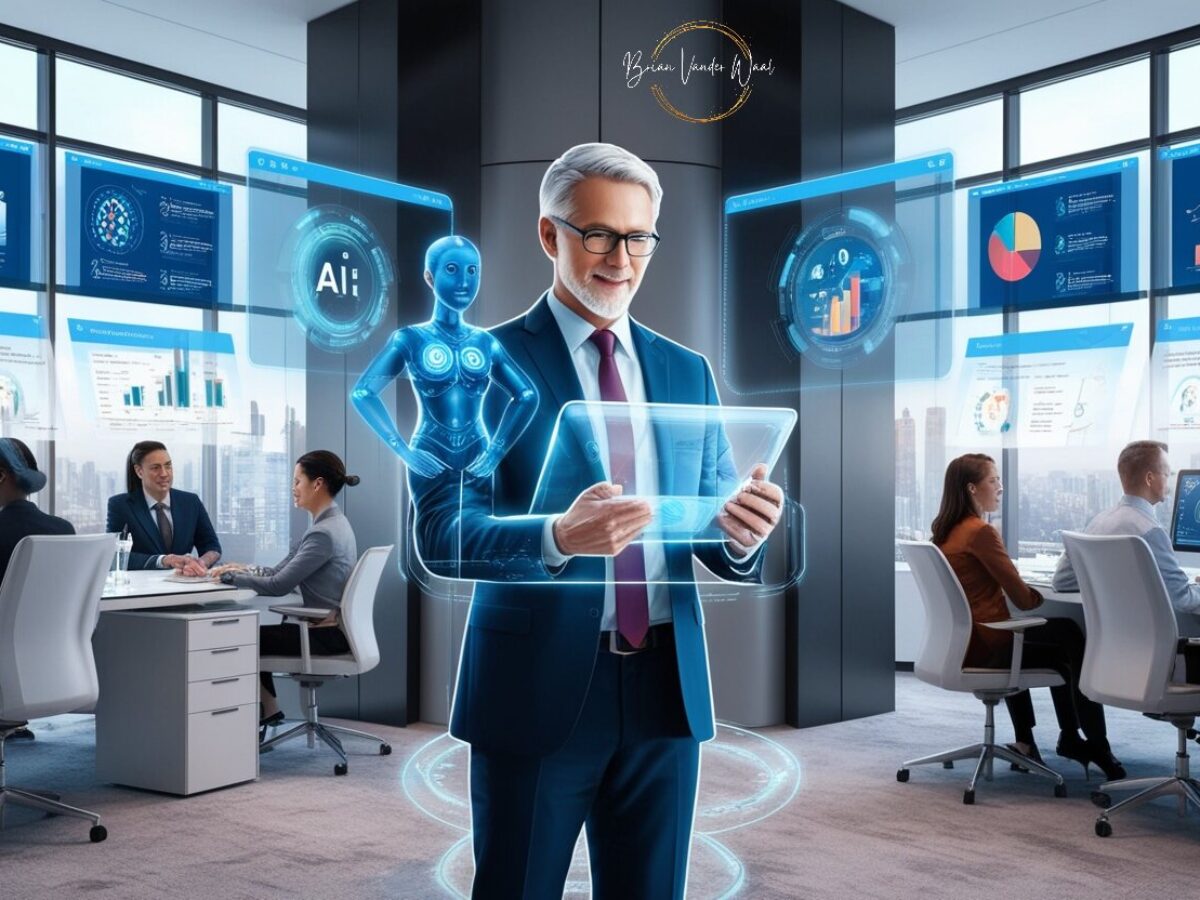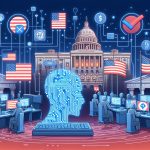Introduction
Power in the modern world is no longer confined to governments or corporations. The rise of artificial intelligence, media innovation, and celebrity culture has created a new web of influence that spans continents. Technology now drives conversations, political movements, and cultural change faster than ever before.
Social media platforms have become the new political arenas, and algorithms decide what people believe. Celebrities and influencers shape opinions, while AI systems guide decisions that affect billions. This fusion of data, visibility, and influence defines the digital era, transforming leadership and public trust in ways the world has never seen before.
Artificial Intelligence and the New Leadership Model
Artificial intelligence has changed how power operates at every level. Governments and organizations use AI to analyze voter behavior, monitor economic trends, and predict global developments. These technologies allow leaders to make faster, data-driven decisions that would have been impossible a decade ago.
But with great power comes complex challenges. AI can introduce bias, distort truth, or manipulate public opinion if not carefully regulated. The future of governance depends on balancing technological advancement with transparency and ethics to ensure AI strengthens democracy rather than weakening it.
Celebrity Voices in Political Arenas
Celebrities now play a bigger role in politics than ever before. With millions of followers, stars like Taylor Swift and Leonardo DiCaprio use their influence to advocate for climate action, human rights, and voter participation. Their messages reach global audiences faster than any press conference or policy statement.
Still, the influence of fame carries responsibility. When celebrity activism is genuine, it sparks real change and awareness. But performative gestures can dilute serious debates. The key lies in authenticity — when public figures use their platforms to inform rather than to impress, their voices become forces for progress.
Digital Media and the Politics of Information Flow
Information has become the world’s most powerful weapon. Social media platforms, news algorithms, and AI-driven content engines shape how people perceive truth. The stories that trend today influence policies tomorrow, blurring the line between public opinion and political power.
This transformation has democratized communication but also deepened division. Algorithms reward emotional engagement over accuracy, pushing users into echo chambers. To preserve democracy, society must prioritize digital literacy and ethical algorithms that promote truth rather than outrage.
Technology’s Role in Global Politics
Nations are now defined not just by territory or military might but by their digital capabilities. Countries leading in AI, cybersecurity, and data infrastructure hold unmatched geopolitical leverage. From Washington to Beijing, the race for technological dominance shapes trade, defense, and diplomacy.
Yet global tech competition is also fragile. Cyberattacks, misinformation, and data theft have replaced traditional warfare. To protect the digital world, nations must cooperate on cybersecurity, innovation ethics, and cross-border data standards that safeguard people’s rights and privacy.
Pop Culture as a Force for Digital Awareness
Pop culture mirrors the digital era’s hopes and fears. Movies, music, and online content explore how technology impacts identity, privacy, and relationships. Productions like Black Mirror or AI-themed songs help audiences reflect on how deeply technology shapes daily life.
This blend of entertainment and awareness creates a bridge between complex technology and everyday understanding. When celebrities use their art to question digital ethics, they transform culture into a tool for education. Pop culture, in this way, becomes the storyteller of the digital generation.
Ethics and the Future of Digital Power
As technology and media dominate influence, ethics must take center stage. AI, data privacy, and media manipulation all demand responsible regulation. Policymakers and innovators must work together to protect public trust and ensure technology serves human welfare.
Building ethical technology means embracing transparency and fairness. Governments, tech firms, and civil organizations share the duty of shaping a responsible digital world. The true measure of progress lies not in innovation alone but in how it respects human dignity and freedom.
FAQs
How is AI transforming global politics?
AI gives leaders predictive insights, enhances efficiency, and helps them connect with citizens more effectively — but it must be ethically managed to prevent bias or abuse.
Why are celebrities becoming political voices?
Celebrities can mobilize large audiences and spotlight issues faster than traditional institutions, giving new energy to social and political campaigns.
What are the risks of algorithm-driven media?
Algorithms can spread misinformation and reinforce bias, influencing elections and public discourse without users realizing it.
How does pop culture raise awareness about technology?
Pop culture simplifies complex tech topics through storytelling, helping people understand and reflect on the digital world’s real effects.
Why are ethics essential in technology?
Ethics ensure that innovation benefits society, protects privacy, and prevents misuse of AI or media influence for manipulation or control.
Conclusion
Technology, fame, and global politics have merged into a single force that defines modern influence. Artificial intelligence shapes decisions, media drives emotions, and celebrities command movements that cross borders. The balance between these forces will determine how societies evolve in the coming decades.
The challenge is to ensure this power serves humanity, not controls it. Ethical leadership, transparent technology, and genuine advocacy can turn digital influence into a tool for unity and progress. The future belongs to those who use innovation with responsibility and vision, ensuring that information empowers rather than divides.







